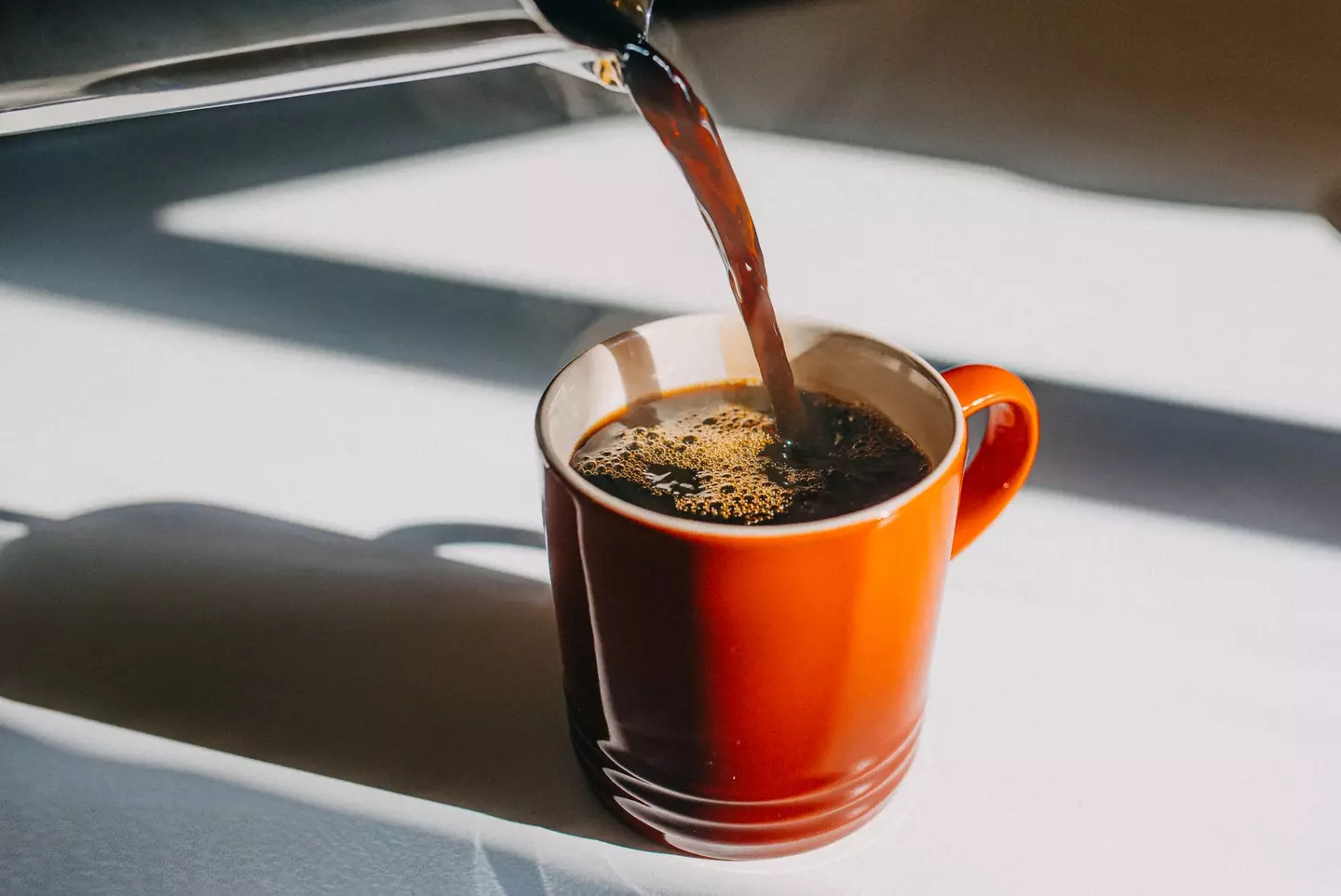Whether you’re sipping it to combat drowsiness or just enjoy its flavor, coffee is a daily staple for millions of Americans.
There are several advantages to incorporating caffeine into your diet (beyond just keeping you alert).
In moderate amounts, caffeine is associated with a reduced risk of cardiometabolic conditions, including type 2 diabetes, coronary heart disease, and stroke.
However, there are some drawbacks to coffee consumption, largely depending on the quantity consumed.
Coffee impacts our bodies by interacting with a chemical called adenosine.
Adenosine is naturally produced and contributes to the sensation of fatigue at the end of the day.
Kenneth Jacobson, chief of the molecular recognition section at the National Institute of Diabetes and Digestive and Kidney Diseases, explained to the BBC: “Adenosine is one of the naturally produced substances in the body to cause a quieting of activity in various organs that are under stress or in need of lowering energy demand.”

Cells respond to different adenosine levels, promoting sleep when activated.
This is where caffeine comes in. Caffeine essentially competes with adenosine, quickly entering the bloodstream and blocking adenosine from binding to its receptors, thus preventing the signal to relax, which explains why coffee and other caffeinated products heighten our alertness.
However, excessive caffeine can lead to sleep disturbances.

Damian Bailey, professor of physiology at the University of South Wales in the UK, states that caffeine levels accumulate in the bloodstream within about 20 minutes, reaching peak concentration roughly an hour after consumption.
Consequently, it’s not advisable to consume coffee before bedtime.
So, how can you enjoy coffee’s benefits without it disrupting your sleep? According to a study referenced by MailOnline, the optimal intake is between 200mg and 300mg of caffeine per day.
For instance, a cup of instant coffee typically contains around 100mg of caffeine, making two to three cups ideal.
Exercise caution with energy drinks, as some US brands, such as Prime Energy, contain about 160mg of caffeine per 330ml can.

